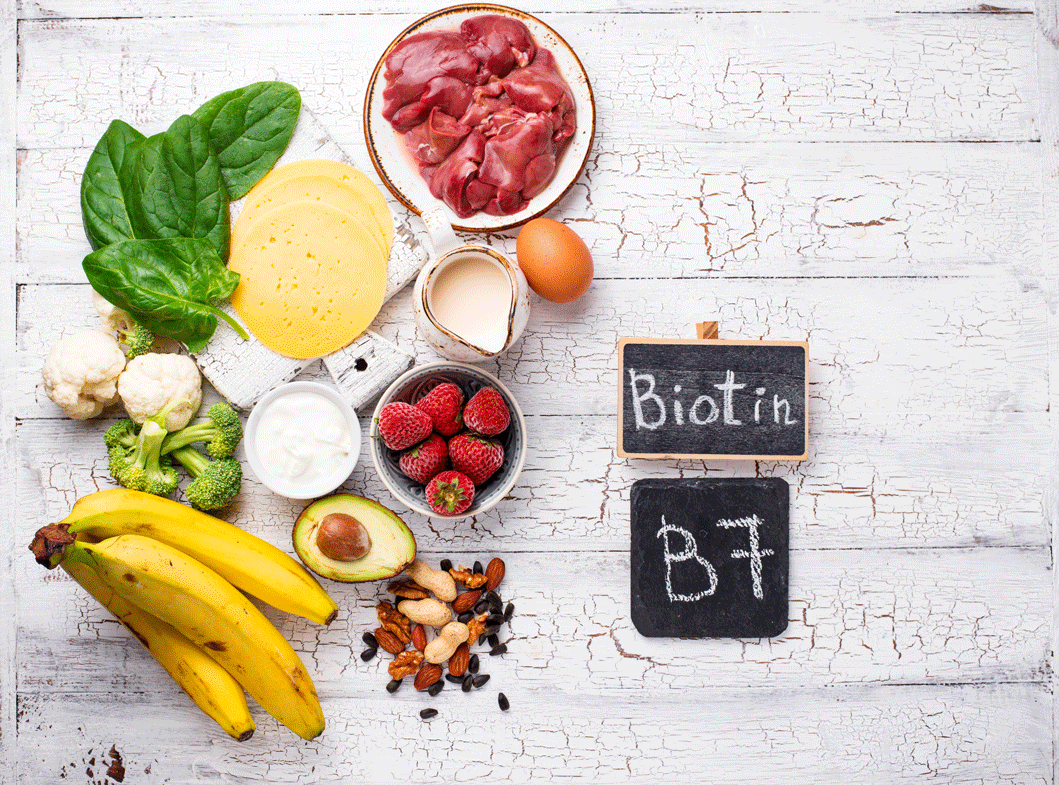B vitamins are essential for energy, blood cells and skin health. This group includes eight different vitamins, each with unique functions and sources.
Functions and sources of B vitamins:
Thiamine (B1): Energy, nerves.
Source: Pork, fortified cereals.
Riboflavin (B2): Skin health, eyes.
Source Milk, eggs.
Niacin (B3): Metabolism, nerves.
Source: Fish, meat.
Pantothenic acid (B5): Hormones, cholesterol.
Source: Avocado, fish.
Vitamin B6: Red blood cells, brain.
Source: Fish, banana.
Biotin (B7): Skin, hair.
Source: Eggs, nuts.
Folate (B9): Blood cells, DNA.
Source: Green vegetables, fruits.
Vitamin B12: Blood cells, nerves.
Source: Beef, milk.
Deficiency symptoms
A deficiency of B vitamins can cause a number of different symptoms. Thiamine (B1) deficiency can lead to weight loss and heart problems. Riboflavin (B2) deficiency causes skin disorders and anemia. Niacin (B3) deficiency can present with brown spots on the skin and depression. Pantothenic acid (B5) when lacking, causes numbness and irritability.
Vitamin B6 deficiency can result in anemia and confusion. Biotin (B7) deficiency causes thinning of the hair and reddening of the skin. A deficiency of folate (B9) can lead to weakness and a fast heart rate, while a deficiency of vitamin B12 causes fatigue and weight loss.
The group most at risk for B vitamin deficiency includes the elderly, pregnant women, vegetarians, and people with chronic illnesses. These vitamins are only needed if the deficiency is confirmed by a professional. A varied diet is key to getting enough B vitamins. Consult a health professional for specific concerns.






